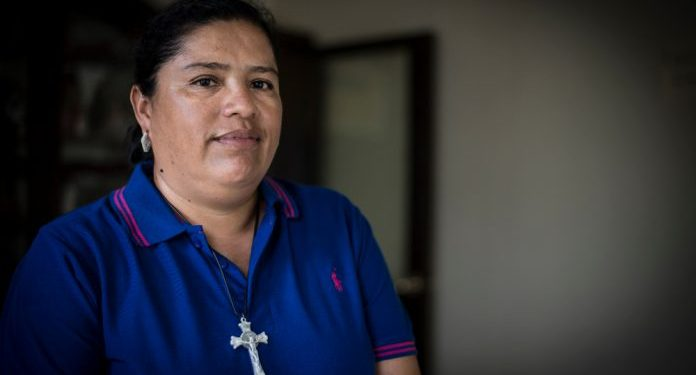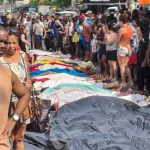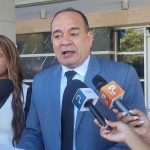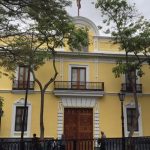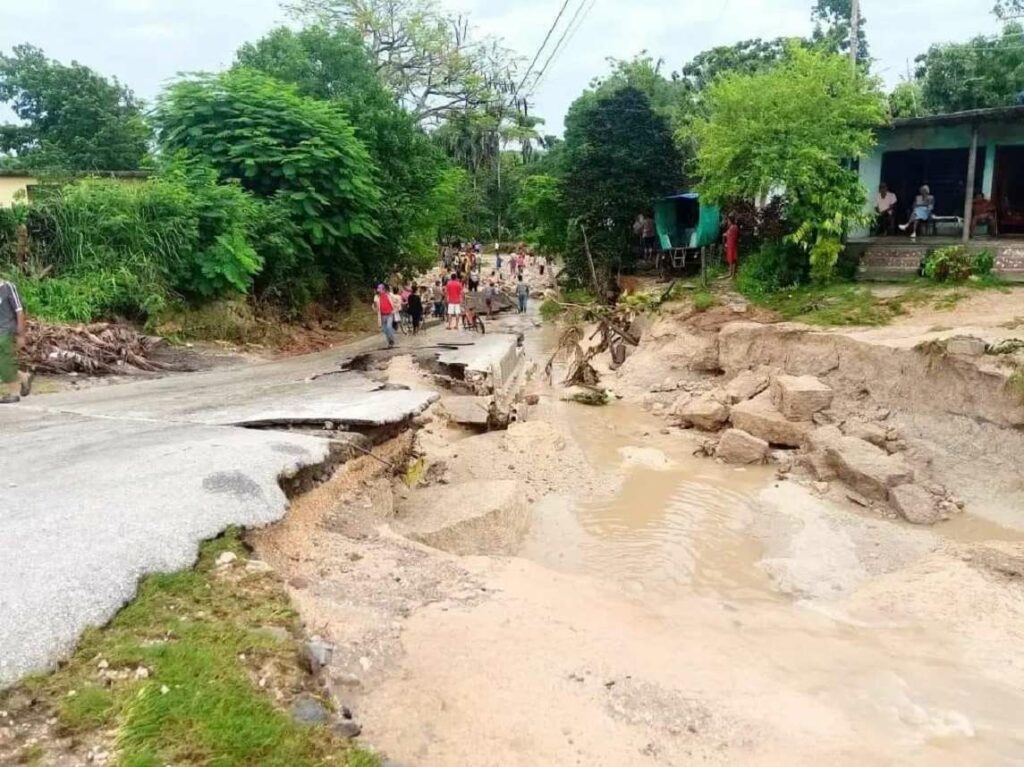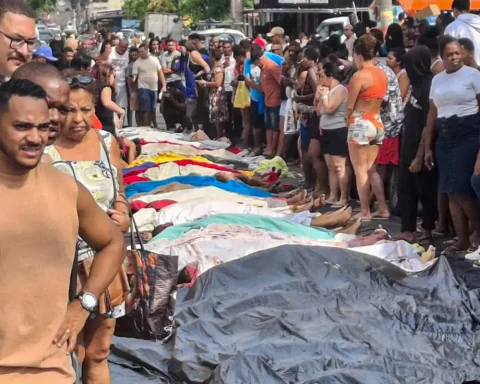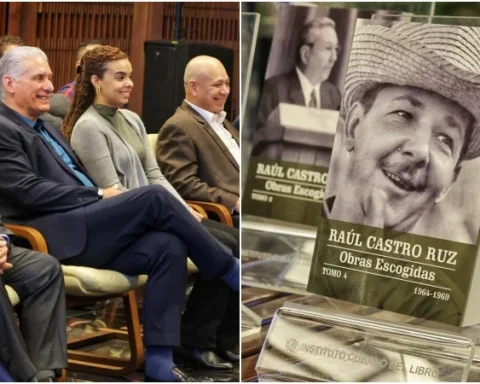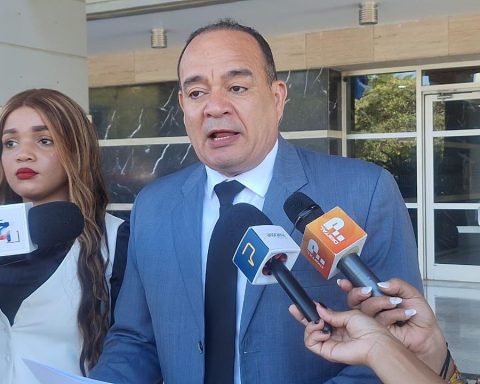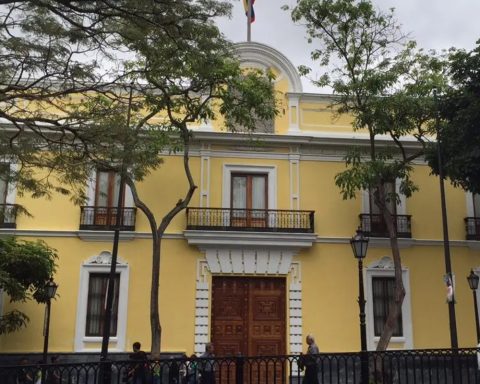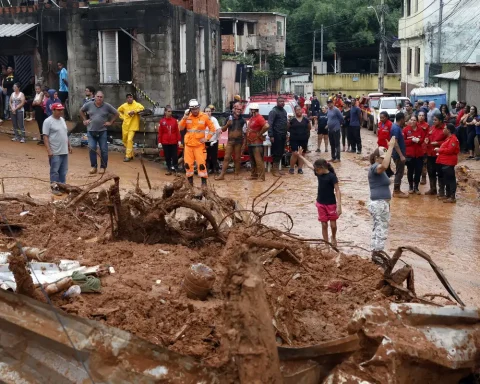The political prisoner Olesia Muñoz celebrates this Monday, June 12, 67 days of being captive in the torture prisons of the Daniel Ortega regime. Since her arrest, her family has not known her whereabouts and what condition she is in.
Opposition member Ana Margarita Vijil, who spent more than 18 months in prison on orders from the Sandinista government, denounced that the authorities have not provided more information to Muñoz’s family and have not allowed them to visit her.
Olesia Muñoz was captured on April 6 at her home in Masaya by a contingent of about 15 police officers. Since that day, her relatives have relived the ordeal they had experienced since 2018, when she was imprisoned for nearly a year in the cells of “El Chipote” and the La Esperanza prison system, after being convicted of alleged “terrorist” acts that did not affect her. they tried. The political prisoner had demonstrated, like thousands of Nicaraguans, against the dictatorship in the social protests of 2018.
Related news: Police detain released politician Olesia Muñoz
Muñoz’s relatives denounce that the citizen has not participated in politics for a long time and they do not know the reason for the arrest. She had been released under the amnesty law, a regulation that was rejected by Olesia, considering that it was an “impunity” measure on the part of the Ortega regime.
Since her release, the opposition member joined the service in the Santa Ana parish, in her hometown, Niquinohomo, where in the first months after her release she was besieged, but she never agreed to go into exile.
Muñoz is allegedly being held in the preventive cells of the capital’s District III police station. So far, the crimes that the political prisoner is accused of are unknown, however, the Nicaraguan justice system could accuse her of “treason”, the cliché used to criminalize opponents.
According to the Mechanism for the Recognition of Political Prisoners, the Ortega and Murillo regime keeps 46 Nicaraguans imprisoned for political reasons. Opponents are subjected to torture, isolation and ill-treatment in the country’s prisons.
